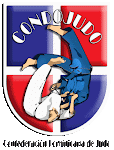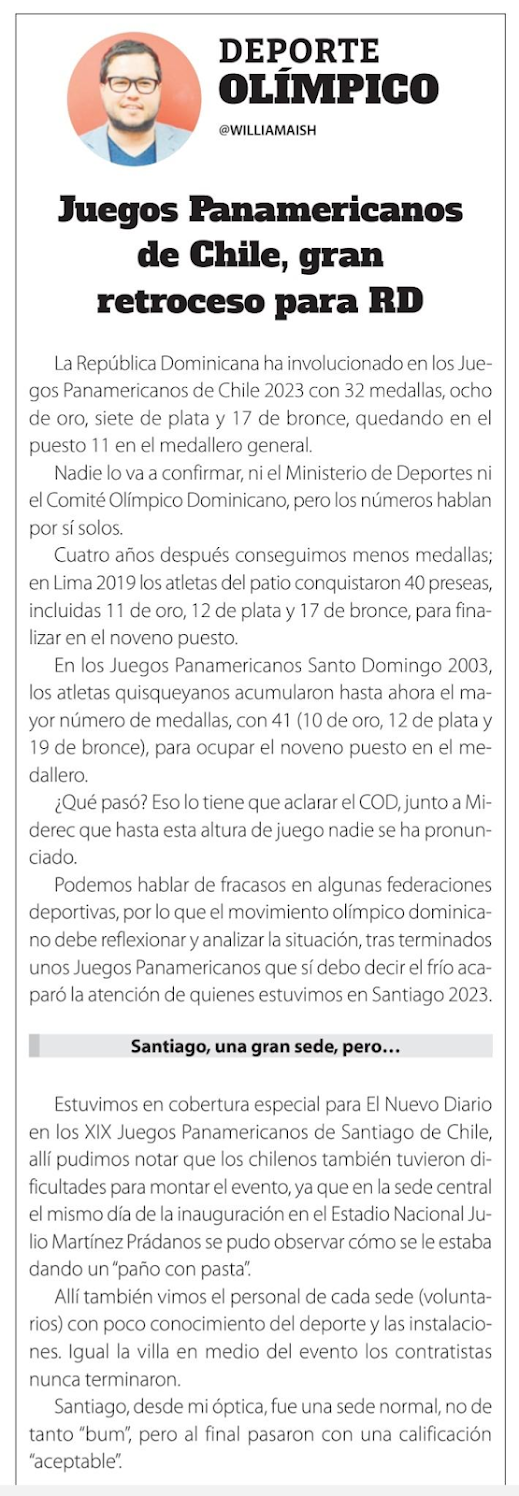JUEGOS PANAMERICANOS DE CHILE, GRAN RETROCESO PARA
REPUBLICA DOMINICANA
jueves, 9 de noviembre de 2023
JUEGOS PANAMERICANOS DE CHILE, GRAN RETROCESO PARA REPUBLICA DOMINICANA / PAN AMERICAN GAMES IN CHILE, GREAT RETURN FOR DOMINICAN REPUBLIC
miércoles, 8 de noviembre de 2023
SECRETARIO DEL COMITE OLIMPICO DOMINICANO LAMENTA LA FORMA ESCOGEN A LOS INMORTALES / SECRETARY OF THE DOMINICAN OLYMPIC COMMITTEE REGRETS THE WAY THE IMMORTALS WERE CHOSEN
martes, 7 de noviembre de 2023
DIA NACIONAL DEL DEPORTE - 7 de noviembre 2023
La fundación del Ministerio de Deportes trajo gran aceptación a los practicantes de las diferentes tradicionales disciplinas a mediados de los años setenta, sin embargo, la introducción de nuevos deportes y el incremento de la población nacional hace que hoy día el presupuesto asignado por ley a ese organismo estatal resulte insuficiente.
Todo indica que casi el 50 por ciento del presupuesto del Ministerio de Deportes esta comprometido en partidas asignadas a grandes eventos internacionales por medio del Comité Olímpico Dominicano y sus Federaciones Nacionales afiliadas.
lunes, 6 de noviembre de 2023
El sistema de un país, un voto ha contribuido a que el deporte mundial sea más corrupto / The system of one country, one vote has helped make world sport more corrupt
Helmut Digel: The system of one country, one vote has helped make world sport more corrupt
- By Helmut Digel
- Thursday, 26 October 2023
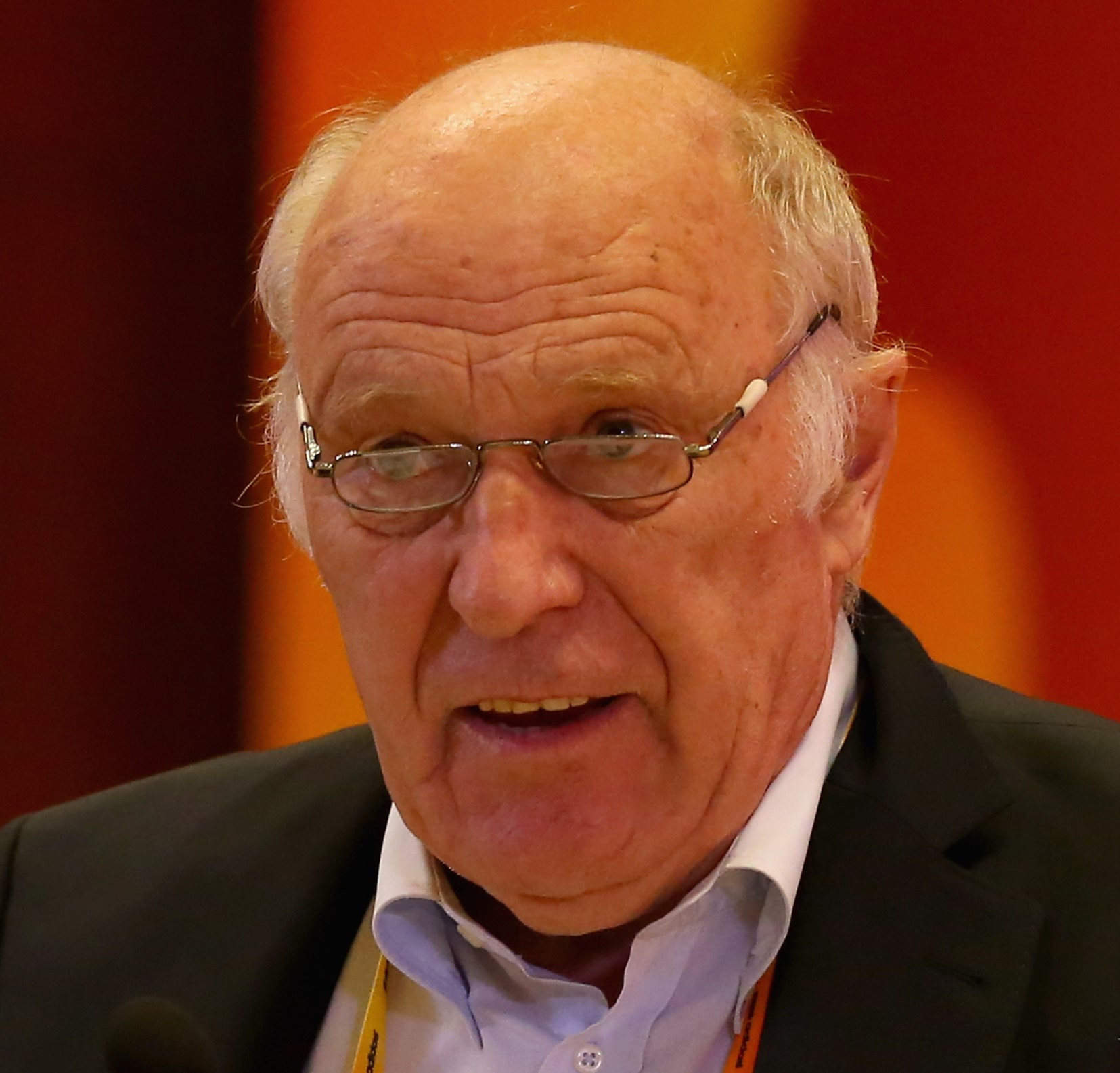
World sports organisations have been the focus of public criticism for some time.
At the Olympic Council of Asia, one Sheikh is replaced by the next, even though the International Olympic Committee (IOC) Ethics Commission had excluded the former and does not recognise the election of the latter.
At the International Ski Federation, Swedish/British entrepreneur and billionaire Johan Eliasch has been elected President without the support of the most important Alpine skiing nations.
In elections to the highest offices, there are repeated allegations of vote-buying at the congresses in order to secure majorities for the election of power-hungry people for whom sport is only a plaything and their toy.
If we look a little closer at the organisations of world sports, if we follow their development over several decades, we can see that the leading positions in the International Federations are coveted objects of desire for people in search of power.
This lust for power goes hand-in-hand with a variety of vested interests that people seek to satisfy by means of sport.
In the meantime, it is becoming less and less likely that personalities will be elected to the leading positions in sports who are exclusively oriented toward the cause itself and are also distinguished by a corresponding level of professional competence.
If one asks why and how such a development in sports organisations could become possible, one has to take a look at their statutes and consider the regulations that govern elections to the highest offices in sports.
In the past, all Olympic sports controlled by Europeans as the vast majority, such as hockey, equestrian, handball, athletics, or swimming, had for decades been practiced predominantly in Europe or in the United States.
It was customary to observe a principle of delegation to the governing bodies of the sport in which the interests of the athletes were primarily represented. Countries that had many active athletes therefore had more influence compared to today.
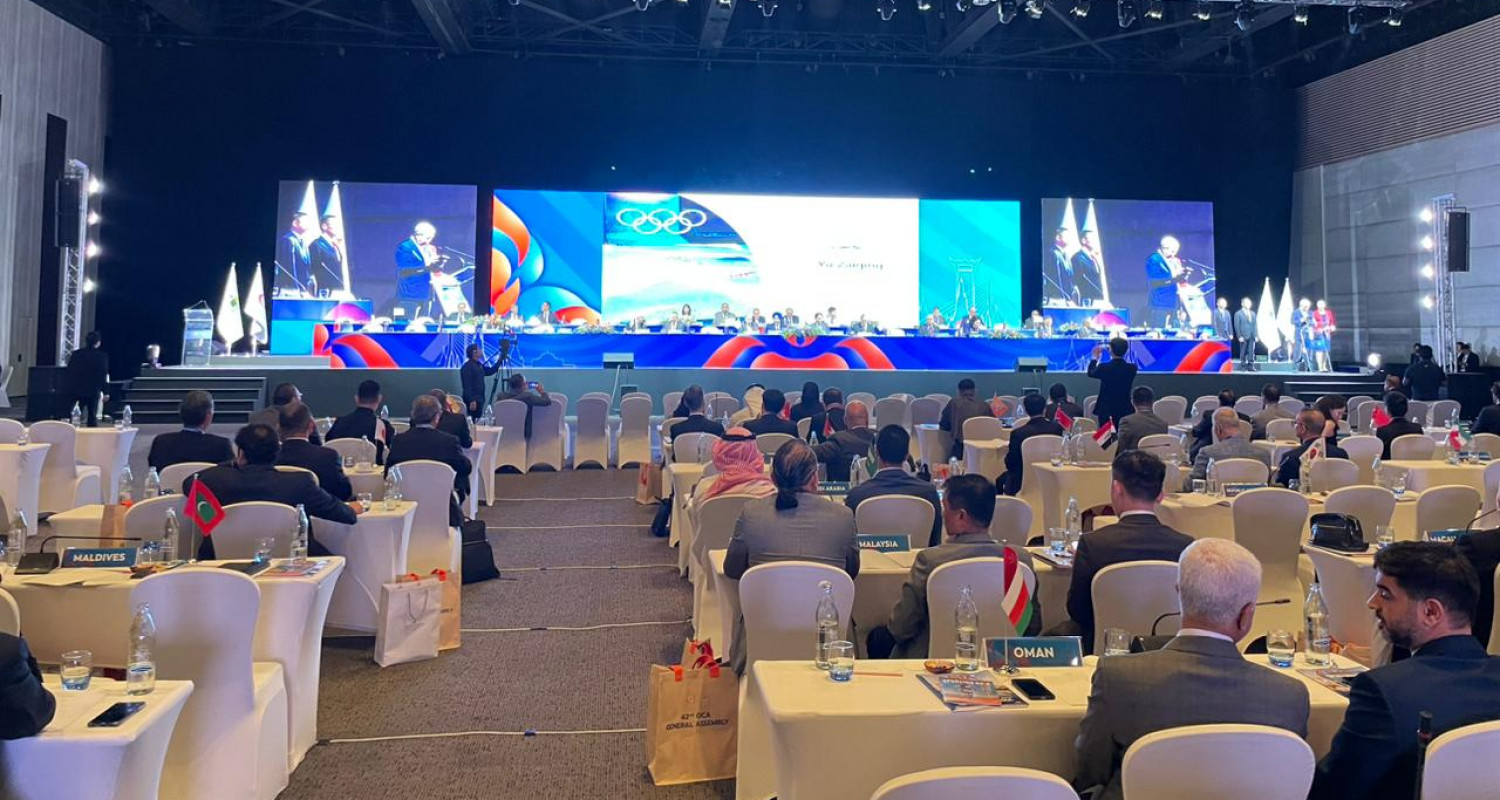
Today, that is not really the case. It can still be found in elections in some Federations of European nations, including Germany. In the elections to the German Olympic Sports Confederation (DOSB), for example this principle of vote distribution is still followed. At the Annual General Meeting of the DOSB, the German Football Association has considerably more votes than an organisation with comparatively few members.
This principle of democratic delegation was increasingly called into question at the international level in the 1960s and 1970s when no longer the number of active members should be the basis of the democratic structure within a governing body.
As a democratically superior principle, the maxim "one country - one vote" became the demand, which remained unheard in International Federations for a long time.
The decisive factor for the change was the fact that increasingly power-hungry Europeans took advantage for this new democracy movement in order to secure their power for as long as possible.
Authoritarian personalities such as Primo Nebiolo, the late President of the International Association of Athletics Federations (IAAF), Sepp Blatter, the former head of FIFA, and a number of other leaders used the "noble ideal of democracy" to cement their power.
All their descendants today act and walk on the same path.
In the past decade, almost all Olympic International Federations have increased their membership to more than 150 countries, with the vast majority of members often having only a very few athletes practicing the sport in question.
Some of these members exist only on paper but their representatives enjoy the benefits of being part of the International Federation, even though the sport itself is almost hardly practiced in their country.
An even more far-reaching consequence of this system is the emergence of leaders from emerging nations coming to power with the help of other emerging countries.
It has been observed for quite some time that in this way certain regions of the world are gaining an extraordinary power in terms of leadership decisions, which is hardly theirs in the first place.
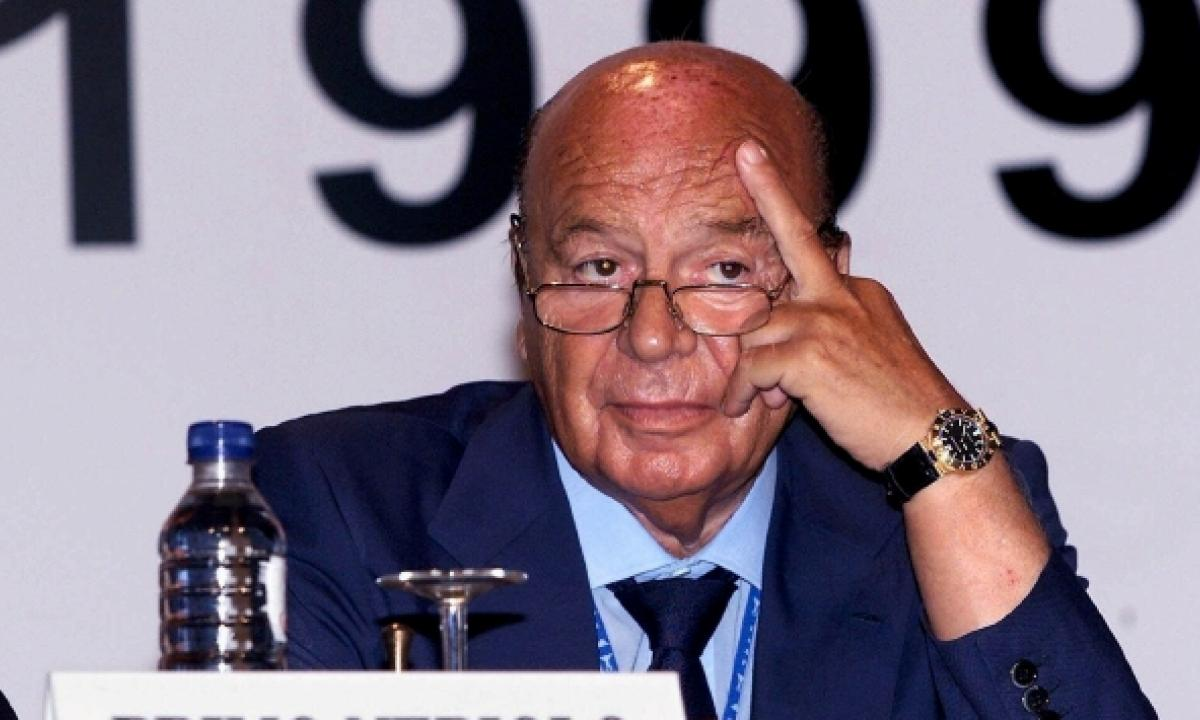
There are, for example, 50 African votes which are a decisive factor in the allocation of almost every important sports policy position. It is, therefore, increasingly likely that own candidates from these regions will reach positions of power, for example Lamine Diack at the IAAF following Nebiolo’s death, or Hassan Mustafa with his election as the first non-European President of the International Handball Federation.
Candidates from the major sports nations, on the other hand, will have less and less chance of reaching decisive leadership positions in the future.
Under the democratic ideal of "one country - one vote" it has become very easy for power-hungry people to manipulate the system, which each member country has, in the interest of their own power.
If we look at the vast majority of members at most International Federations, we have to realise that, for example, of the 210 Member Federations at FIFA or World Athletics, the new name for the IAAF, only one third probably have properly constituted organisations.
Many delegates who represent their National Federation in the elections are often unfamiliar with the problems and questions of their sport.
It also happens more and more often that delegates vote on the future of a sport who have almost no athletes in their own National Federation.
In addition, it is becoming more and more common for delegates to have a vote at the electoral congresses of International Federations to have been selected by their Government at home.
In many countries, it is also common for the respective Government and Ministry responsible for sports to decide which candidates will run for leadership positions in International Federations and what role they will play.
In China, it is customary for all of its international representatives to be controlled extremely closely or face being replaced.
It seems the vast majority of delegates attending International Federation meetings are only indirectly affected by the actual business of what they do. The organisation of World Championships or other major sporting events are irrelevant topics for many of the delegates.
Discussions about doping, marketing and the sale of television rights often remain abstract for the representatives of the smaller federations. Against this background, it is not surprising that the vote they have to cast at the congresses can very quickly become a manoeuvring mass for manipulation.
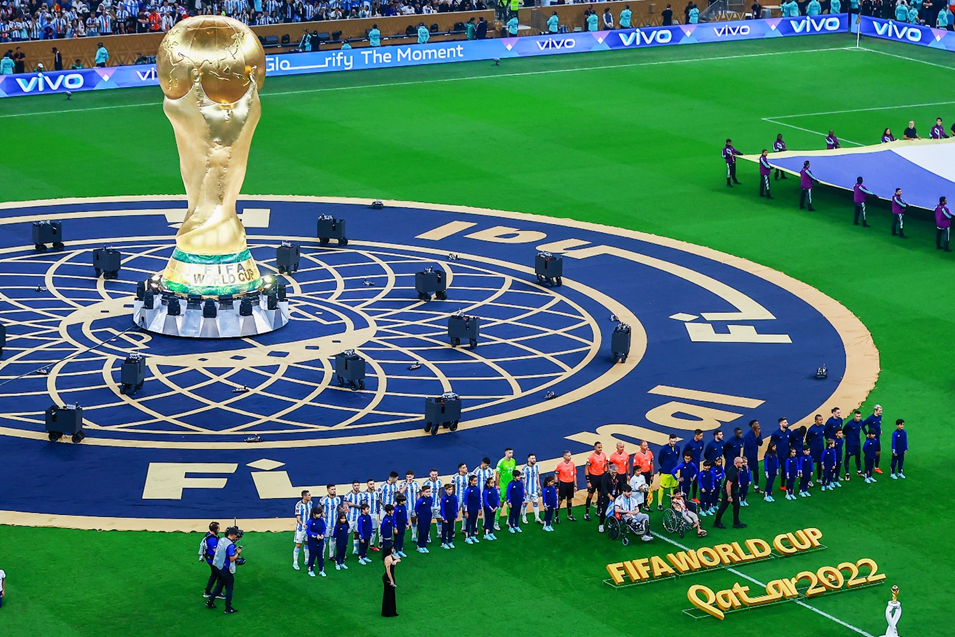
Almost all elections for leadership positions in International Federations have recently been associated with rumours about how the successful candidate won.
Bribery can take many forms, and the fact that delegates are sympathetic to the powerful does not necessarily mean that financial payments are involved.
The abuse of democracy in Olympic sports organisations could have severe consequences.
This abuse of power has the effect of constantly increasing the likelihood that non-expert personalities will run the sport. The effect of this is that ever-greater risks are taken in terms of managing sport development in the sports themselves.
This also has the consequence that only economic interests shape the sports policy actions of these organisations.
World Championships are therefore more and more being awarded not because they are the best bid for the sport, but instead are being increasingly shaped by externally controlled political interests.
Those running International Federations are often becoming oligarchies and evading all controls.
Many of the world's International Federations now operate in a legal vacuum that are subject to little scrutiny. The management principles of "good governance" and "financial transparency" that are applied to them from the outside are probably represented to the outside world via a well-organised and well-funded public relations campaign.
The danger that sports have become the plaything of powerful people who primarily serve their own interests has increased considerably in recent years. It is already foreseeable that the economic foundations of many Olympic sports associations will be jeopardised in this way. Necessary investments in the modernisation of sports are rarely made, and the Olympic Federations are becoming increasingly dependent on the IOC.
It is obvious that dissatisfaction is growing within sport, expressed above all by the athletes, who are increasingly affected by the fatal development of the organisations, since the current management policy is to the detriment of them and their competition.
